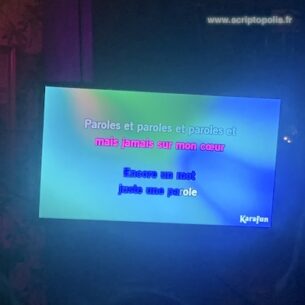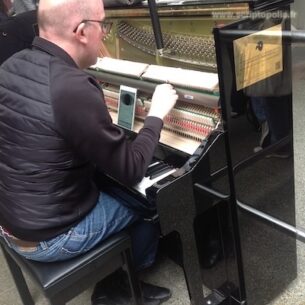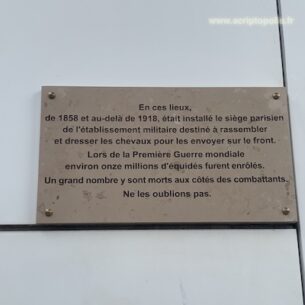Apocalypse

Great events always represent opportunities for exchanges. They are like objects on the skyline, big enough to be seen by almost everyone. At least discussed by almost everyone. These last days, approaching Apocalypse was one of them, a quite huge one. By Friday December the 21st, everybody was aware of it. Streets, bars, offices echoed with end-of-the-world discussions. So were school yards. Even if your children did not watch news on TV, they heard about it, chatted, played games and cracked jokes about it. In this last day before christmas holidays, this was a great subject of excitement.
For some, Apocalypse also became a support for experimentation. For a few weeks now, this ten years old girl has been exchanging her first e-mails with some of her friends, but it did not really worked. The idea was there but messages seemed to be unsatisfactory, and they were pretty rare. Until that day of December, during which we were all supposed to die. Soon after 9 P.M., she asked permission to use the family tablet and began to write a message addressed to three of her friends with these words “I’m not dead!”. And that was it, at least for one of them. After her quick response, messages went on and haven’t stop since. Ten days after, a new great event provided another occasion for writing, but the conversation seemed not even to need it. The flow of electronic discussion, the almost permanent connection it weaves, had been opened.
Her father had a last thing to do: to delete her email account from his own computer and then stop telling her each time she had a new message. More than a topic for jokes and support for connections, Apocalypse had brought a new space of autonomy at home.






